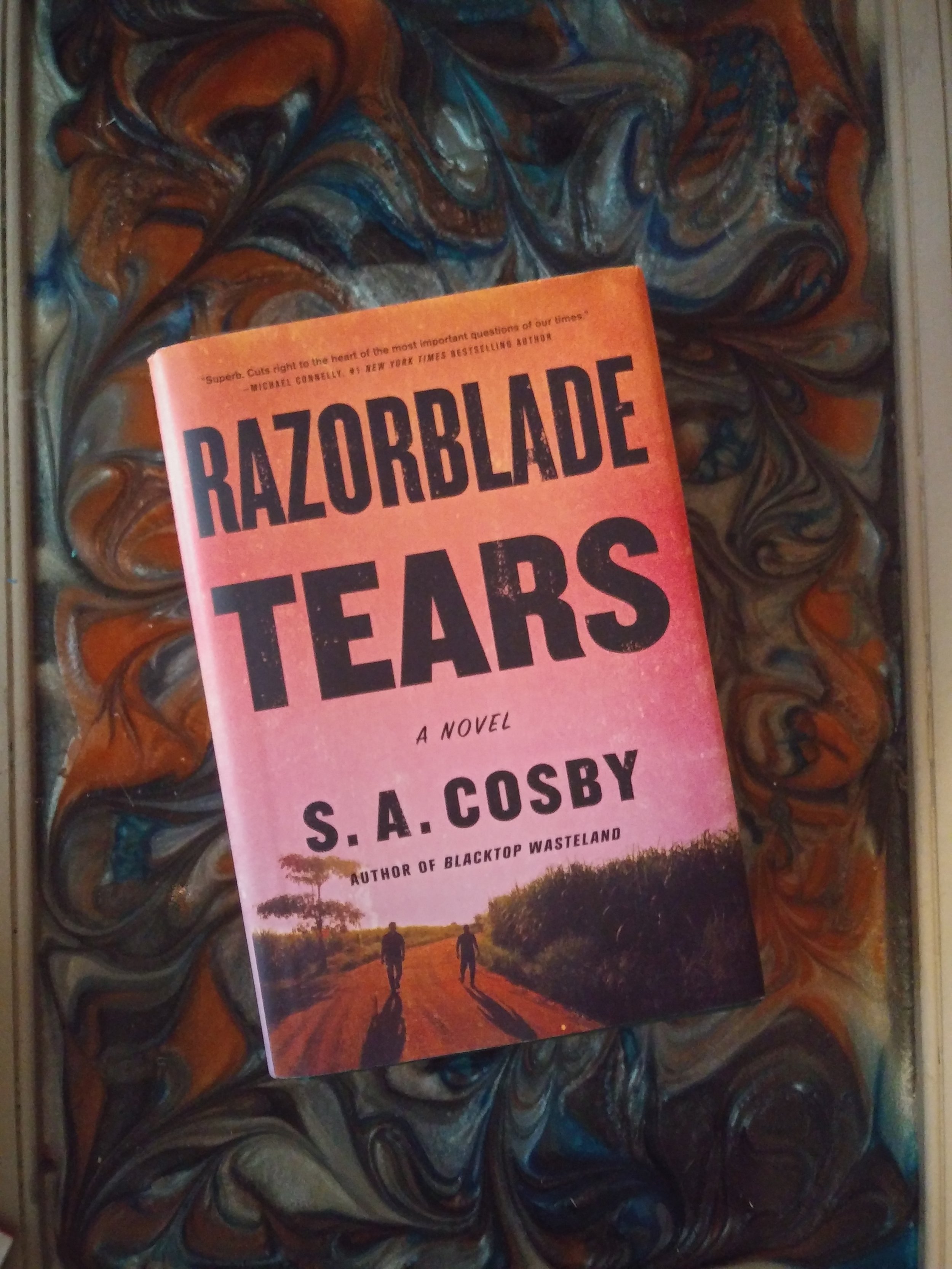Review Under Two is a segment of The Marinade with Jason Earle podcast where host Jason Earle reviews an artistic work he finds inspiring in under two minutes.
Our Review Under Two for Episode 103 with musician and author Allison Russell focuses on The 1619 Project book.
The forever challenge of writing about race in America is finding a way to take on heavy conversations while also keeping the pages turning as the intellectual wheels are spinning and the emergency break is out of reach.
It should not be a difficult ask for folks to buckle down and do the heavy lifting of reading truth about the painful history of race in America, but here we are. More than just a tough ask, the very suggestion that we call for people to learn facts has become a political wedge familiar to the most terrifying dystopian nightmares.
In 2021, 19 states passed laws restricting voting in America. These are rules aimed at disenfranchising Black Americans. Florida went so far as to pass a law that makes it a felony to protest in favor of Black rights. A law that codifies immunity for atrocities like our nation’s dark day in Charlottesville, 2017. The act of teaching The 1619 Project is within a hair’s breadth of bringing civil liability on the heads of school districts in The Sunshine State.
None of these statutes use language so strong as saying “Black people are not allowed to congregate and petition their government.” None of them at this point have been so audacious as to dip into the language that was codified under The Slave Codes or The Black Codes. But their intent is clear and that’s why The 1619 Project is essential reading.
My father used to say, “If it ain’t broke, don’t fix it.” The integrity of the electoral count ain’t broke, but folks all across the country want to…’fix it.’ To fix the fact that Black folks are inspired to vote. To fix the fact that a Black man was elected president of the United States of America, a place where until 1965 Black folks did not even have the legally protected right to make such a decision.
To “fix” the idea that a black woman like The 1619 Project’s architect Nikole Hannah Jones could grow up in Iowa, earn degrees from Notre Dame and the University of North Carolina, and go on put white supremacy in its place by daring to ask each of us that we deal honestly with our history.
Our history in a place that spent centuries enslaving humans, followed by Jim Crow, barely bridged by a handful of years of advances under Reconstruction.
You know most if not all of this. Some of you know it all-too-well having experienced the consequences of our collective past impact your own lives.
Nothing I have read has expressed those consequences in a way that is digestible by so many like The 1619 Project.
Whether your life’s education has included a deep understanding of the history and impact of slavery on this country, or you grew up in a place where things were the way they were, The 1619 Project offers a clear examination of our history and a call to action. Nothing about that should threaten any of us. If it does, challenge yourself to read the book, or read it a second time, or a third; however long it takes for the truth to seep in and set us all free.



